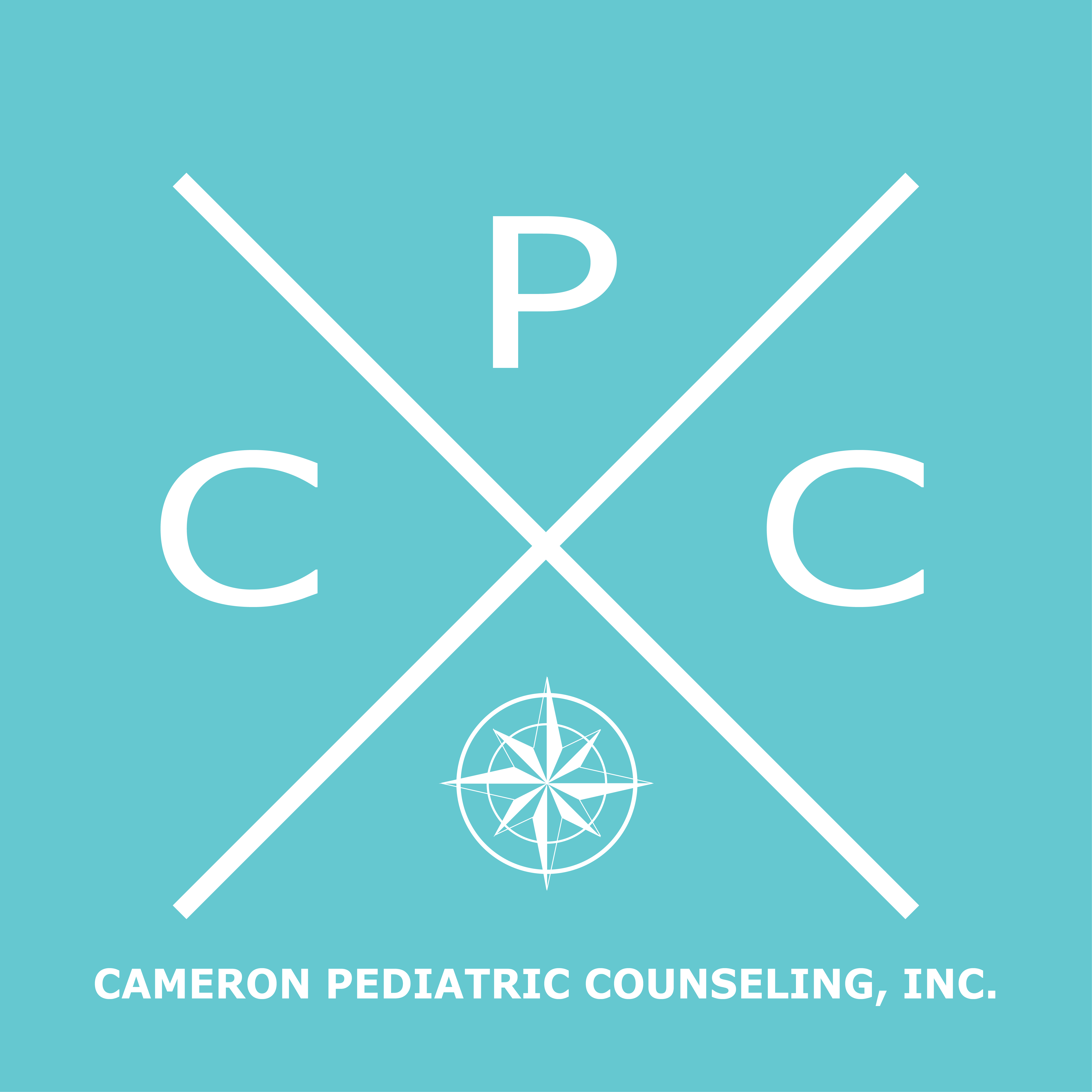Are you sick of being sick?
When is the last time you said no? Do you think taking care of yourself is selfish or inconsiderate? Think about the last time you were on a plane, now think about the announcements that are made as you are preparing for take-off. When they explain about the oxygen masks, they tell you put your mask on first, then to help those around you who need it. You can’t help others if you are passed out, right? Put this into the perspective of your daily life, you won’t be able to help others if you are burnt out, can you?
Self-care is important to both your mental and physical health, it makes you more energetic and more effective. Stress has all kinds of impacts on your body. When you think of stress, you most likely relate it to headaches or maybe back pain, however, did you realize it can also affect your heart, cause stomach issues, slow down your metabolism, and damage your short-term memory? By addressing your own needs, you are demonstrating to those around you that they can do the same for themselves. Your family and friends learn from you and your behaviors; by showing them you have boundaries and that they need to put themselves first and be careful not to overwork or overextend themselves.
Self-care doesn’t have to be expensive, there are many ways to incorporate little things into your everyday routines:
- Take 10-15 minutes to do something for yourself (stare out the window, read a magazine, etc)
- Make a date with yourself monthly – do something for an hour that you enjoy, take a walk, go to a museum, read a book
- Meditate
- Sign up for a weekly class on something you enjoy – pottery, writing, or try something new!
- Write in a journal
- Take a 10 to 20 minute nap
- Enjoy a bubble bath
- Spend time and unwind with your family and friends
Learning mindfulness is another way to make sense of our daily stressors. Being mindful helps us to accept who we are and where we are. When you become mindful of your thoughts and feelings, you build awareness of them and can slowly start learning what your brain and body really need. Some of the best mindfulness techniques can include meditation and deep, rhythmic breathing. Not only does this help control stress, it can improve sleep and even prevent us from getting sick.
Mindfulness can be a quick tool that brings us into the here and now. It allows us to really experience the moment and to step away from habitual, often subconscious, emotional, and physiological reactions to everyday events. It will not eliminate life’s pressures but, with practice, it can help us respond to them in a calmer manner that benefits our minds and bodies.
How to Practice Mindfulness:
- Notice your senses – sight, smell, taste, hear, feel
- Allow yourself to focus on your breathing and/or the experience fully
- Allow thoughts to come up, avoid judging them
- Allow yourself to fully engage in the moment
- Try to let go of any negative thoughts you may have
Self-care can come in many forms throughout your day. The most important thing is to practice them every day. If you cannot take care of yourself, you cannot effectively take care of anyone else. At Cameron Pediatric Counseling, we can help you break out of your comfort zone and get you on your own path to self-care and a happier life for you and your family. Your children will benefit through the cycle of self-care. At CPC, we help parents find practical ways to ensure they can make time for their own self-care, let us know you’re interested.
